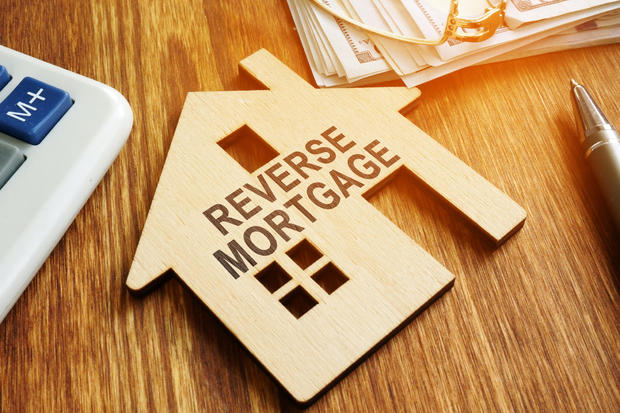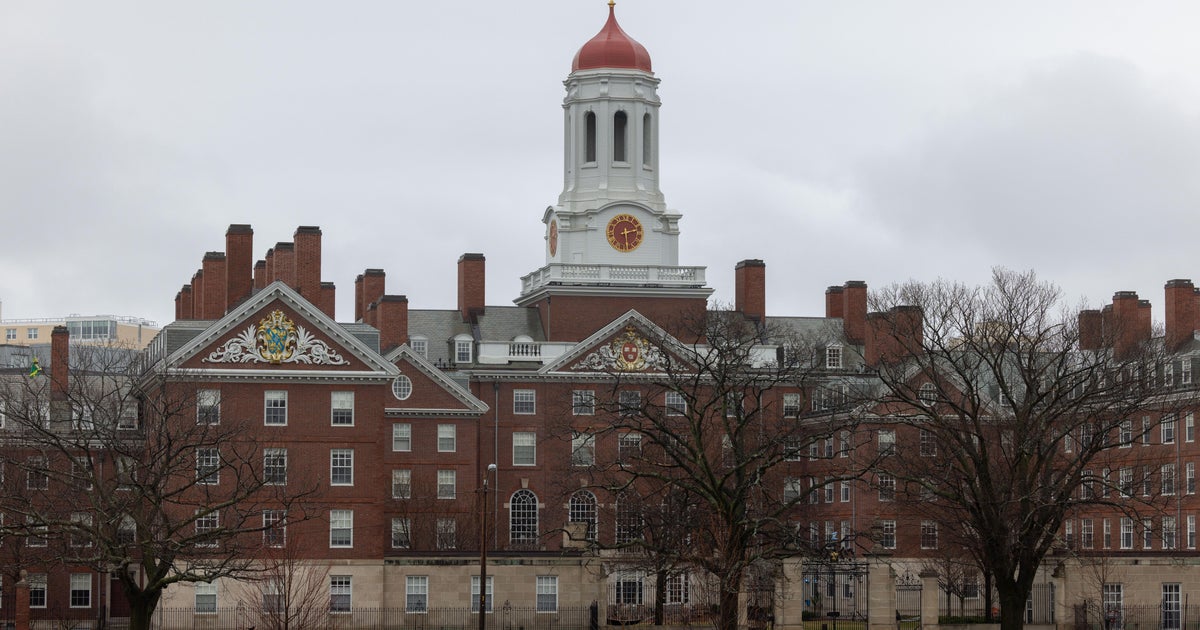Here's when a reverse mortgage makes sense, experts say
Seniors are facing serious economic headwinds these days. Inflation is up, interest rates are high, and to make matters worse, the cost of medical care is rising, too.
To combat all these challenges, many seniors are looking for ways to supplement their income. One option — at least for those who own homes — is a reverse mortgage. With these types of products, your lender pays you out of your home equity. You can then use those funds for whatever purpose you wish.
These can be smart tools when used in the right circumstances, but they aren't right for everyone.
Learn more about your reverse mortgage loan options online now.
Here's when a reverse mortgage makes sense, experts say
Are you considering a reverse mortgage to pad your finances? Here's when experts say it might be a good move.
You're short on retirement funds
Not everyone has a flush retirement fund or access to a pension. If you're worried about funding your retirement lifestyle, then a reverse mortgage might be a smart path forward.
"Some consumers may have believed that Social Security income would be enough to live off in their golden years and didn't prepare financially for retirement," says Michelle White, mortgage expert at The CE Shop. "They did, however, keep their homes, hoping to pass them on to their children. The equity they built can supplement any other income they receive, making their senior years more affordable."
Reverse mortgages offer several ways to turn your home equity into cash. You can choose a lump sum, regular monthly payments or even a line of credit that you can withdraw from as needed. The latter method can be a smart way to minimize what you borrow (and the interest you pay in the long run).
Find out what reverse mortgage loan options you can choose from today.
You're considering a loan
If you're considering a loan to cover upcoming costs (or even just day-to-day expenses), a reverse mortgage is likely a more affordable alternative. The average personal loan currently has a 12.49% rate, according to government data. That's up significantly from the 8% rate seen just two years ago.
Reverse mortgages tend to have much lower interest rates. Even better? You won't pay that interest until you sell the house or pass away.
"There is never a required monthly principal or interest payment," says Steve Resch, vice president of retirement strategies at Finance of America Reverse. "There's no impact on your monthly household budget.'
You have a lot of equity
If you have a significant amount of equity in your home, using a reverse mortgage can be a good way to create a financial safety net and make retirement more comfortable.
"Homeowners who have amassed substantial wealth in their home and plan to stay in their home for the long-term can be ideal candidates for reverse mortgages," Resch says.
If you don't have much equity in your home, you may not be able to qualify for a reverse mortgage. It could also mean burdening your loved ones with a loan they're unable to pay off once you pass.
"Consumers with few assets to leave to their heirs may want to avoid a reverse mortgage," White says. "Their heirs may be left with little to no equity and very few options to keep the property."
You want to delay tapping your retirement savings or Social Security earnings
Reverse mortgages can help your retirement savings last longer or, in many cases, allow you to delay tapping those accounts for a while.
"Since many homeowners have a deep well of retirement savings tied to real estate, pulling funds from home equity allows them to stretch their traditional retirement savings," says Neil Christiansen, branch manager at Churchill Mortgage.
It can also help you delay starting Social Security payments. While you can technically start getting these at age 62, waiting until you're older will mean higher monthly payments.
The bottom line
If you do opt for a reverse mortgage, shop around for your mortgage company, watch for red flags and make sure to stay up to date on your property taxes. You also must keep the home in good condition and have a home insurance policy in place. If you're unable to do these things, then your reverse mortgage lender could foreclose on the house.
You should also avoid these mistakes and plan to stay put for the long haul. Not only do reverse mortgages require you to use the home as your primary residence, but they also come with upfront closing costs. If you move too soon, taking one out could cost you more than it's worth.
"A reverse mortgage doesn't make sense for someone unless they plan to live in the home for a prolonged period of time," Christiansen says. "It's primarily designed for older homeowners to be able to stay in their home as they age, so it's very much a long-term option for the remainder of their lives."




